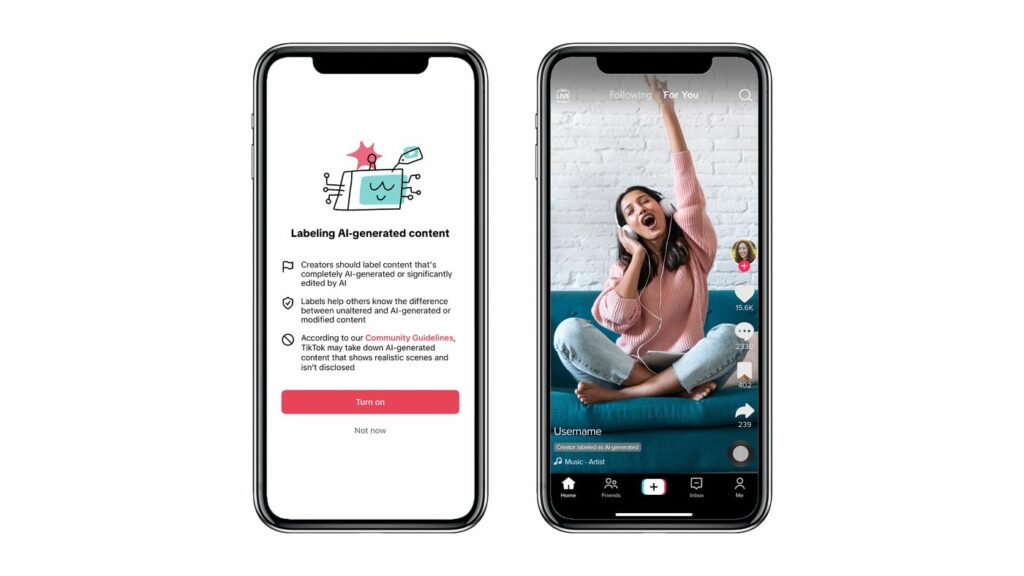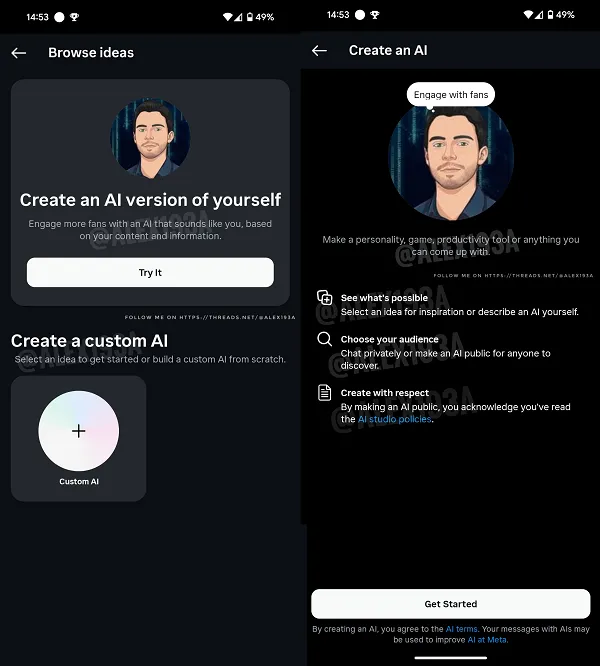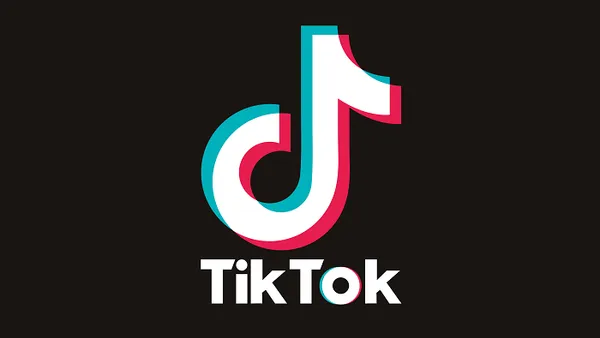Are virtual avatars the future of digital engagement, taking us away from conventional social elements?
Meta CEO Mark Zuckerberg appears to believe so, given on recent pronouncements about AI-generated content being a larger part of the social media experience. This corresponds with Meta’s own push to include more generative AI features, such as creator-based AI avatars.
According to the most recent feature update for Douyin, TikTok’s Chinese equivalent, the app may soon introduce the same capability.
According to AIbase, Douyin is working on a new project called “V” that intends to “expand the boundaries of live streaming and interaction.”
READ MORE: TikTok Vows To Fight Canada’s Shutdown Order In Court—Here’s Their Just-Released Statement
“The AI Avatar function is the “V Project”‘s main centerpiece. This feature enables artists to create a virtual avatar that reflects their personality and way of thinking, allowing for continuous interaction with users around the clock. Users can communicate with this avatar to obtain insights and ideas from the creator, ensuring real-time connection whether the author is online or not.”

Which is similar to Meta’s growing virtual avatar model, which it demonstrated at its recent Connect event.
As shown below, Meta’s video avatar tool allows authors to create video versions of themselves based on previous interactions, posts, and other information. Those virtual avatars will subsequently be able to interact on their behalf, which sounds a lot like Douyin’s strategy.
Though Douyin has more experience in this area.
READ MORE: TikTok Joins The AI-Driven Advertising Pack, Competing With Meta For Ad Money
Virtual avatars have been available on Douyin for some time, and many people use the program to broadcast continuous shopping live-streams.
Douyin Live Stream hosts
And these digital personalities are creating significant results, making them in great demand among brand partners. Indeed, China already has over 993,000 registered digital avatar enterprises, allowing low-cost manufacture of virtual avatars that can be streamed 24/7 in a variety of apps.
Given this, Douyin is already familiar with how to create and use virtual influencers, which are now available on TikTok as well.

Douyin’s upgraded AI character models will be able to engage in even more ways in the app, such as interacting inside comment streams, replying to DMs, responding during live stream discussions, and more, all in the creator’s style.
These could allow creators to devote more time to other aspects of expanding their presence, but it remains to be seen whether virtual characters like these would captivate Western viewers in the same way.
READ MORE: TikTok Provides New Measurement Of Misinformation To Assure Advertising Partners
Many Chinese market trends have failed to adapt to the United States, including TikTok purchasing. With that example in mind, it appears unlikely that virtual personalities will be popular, but Meta appears to believe that it is on to something, and perhaps consumers will be interested in engaging with bot copies of actual influencers in apps.
AI bots, no matter how good they are, are just that: bots, not actual humans capable of engaging in genuine conversations, which has long been the essence of social apps. I mean, some individuals use ChatGPT to help them think through various issues, with the bot functioning as a sort of sounding board to assist clarify their ideas. I can understand that kind of use case and engagement, but replacing real people in social apps with bots doesn’t seem particularly engaging or intriguing, other from the novelty factor.

Part of the appeal of social media is the ability to communicate with anyone, so you can tag, example, a Hollywood celebrity in your post, and they may simply react. Having bots react on their behalf feels like a standardized variant, an artificial engagement that is analogous to speaking with a computer.
I doubt people will desire that, no matter how human or lifelike these bots get.
However, it appears that this will become more widespread, as more apps seek to provide more AI bot interaction choices in-stream.
Perhaps there is more value to this than first appears, and users are now so addicted to likes, follows, and interaction that they don’t care whether they are from real people or not.
However, after years of user concerns about bots and bot responses on social media apps, within DMs, comments, and so on, I’m not sure that reframing them as smarter bots who resemble your favorite celebs would suffice.
Radiant TV, offering to elevate your entertainment game! Movies, TV series, exclusive interviews, music, and more—download now on various devices, including iPhones, Androids, smart TVs, Apple TV, Fire Stick, and more.


